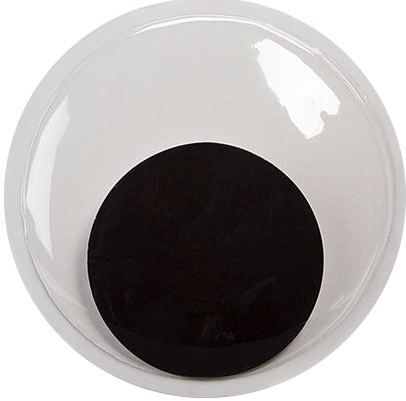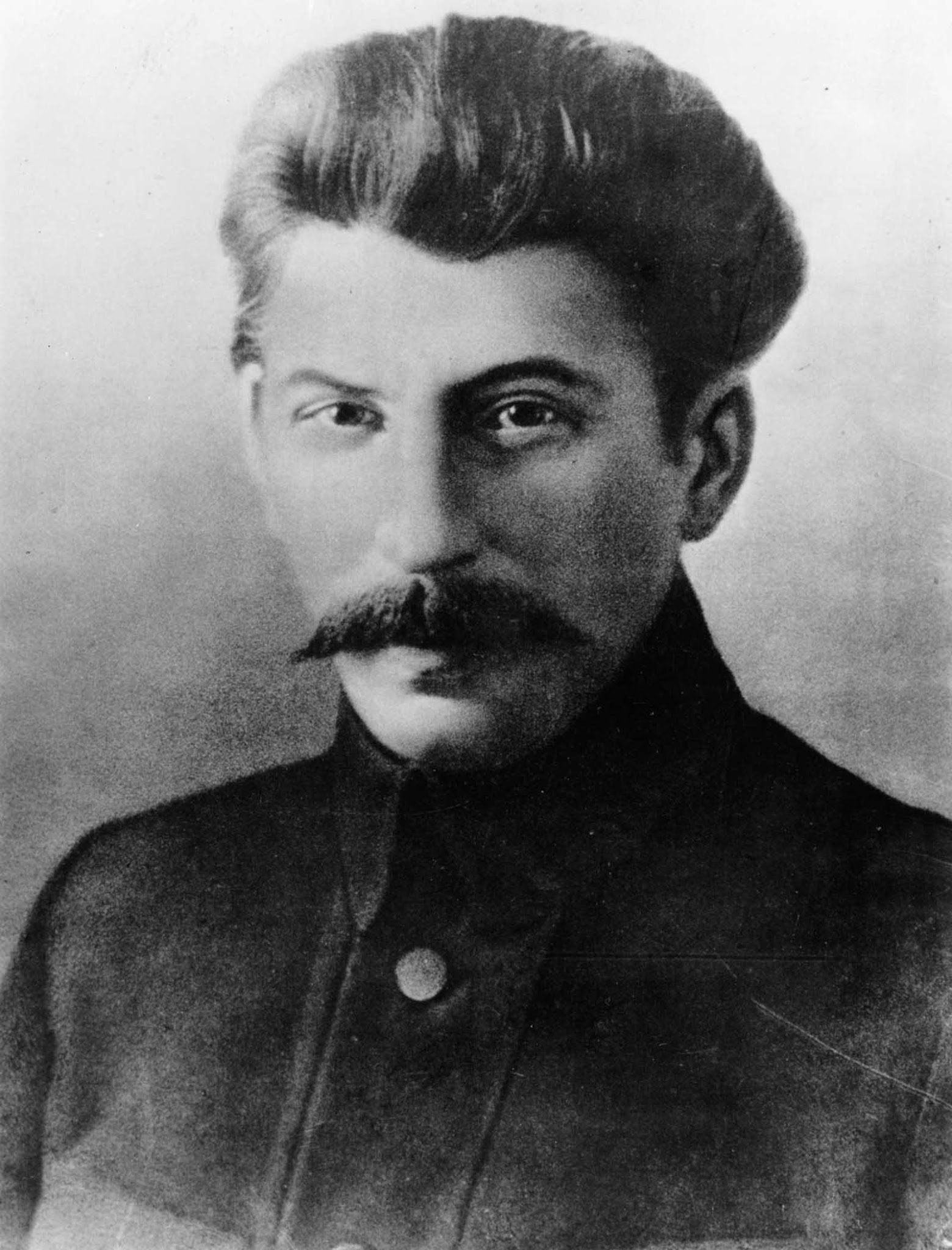For folks who don’t understand the differences between these two parties, what does this mean?
DPP wants to continue the defacto situation as is while pursuing greater cultural distinction from the mainland. They also have some openly pro independence types, and the much more numerous ‘independence when it won’t obviously get us invaded’ types. They tend to be more progressive in general - gay marriage, marijuana legislation style.
KMT is contains most of the ‘status quo with less cultural distinction from the mainland’ voices. Pro-unification folks too, but that’s a minority. Historically they were far right anti communists who ran the military dictatorship, so squaring that circle with pro-unification sentiment has lead to some weird positions. They’re also more conservative, often crazily so. I had KMT supporters earnestly explain that Tsai Ingwen was actually a man in disguise.
Largely, both parties want some but differing degrees of economic ties with China. Any other position is impractical.
Indigenous voters are far more likely to be rural, which tends to coincide with culturally conservative.
There’s also a very complicated history of ethnic politics in Taiwan. Multiple historic waves of migration from different areas of the mainland, along with the Japanese imperial period. The DPP have focused on Minnan speaking Taiwanese as a locus of independent Taiwanese identity, sometimes to the detriment of Hokkien speaking or other group.
Indigenous Taiwanese had been attacked, marginalized and treated harshly by these successive waves and during the Japanese period, so when the nationalists lost the civil war in China and fled to Taiwan to set up the military dictatorship, they were viewed as something like liberators by many indigenous people.
It’s complicated.
Would you say that the issue of reunification vs independence isn’t as important of an issue to voters as western media makes it out to be? I remember it being portrayed as the single issue in the run up to the election.
I lived in Taiwan 5 years ago, so I’m less comfortable talking about specific recent events.
That said, I think it would be fair to say that relations with the mainland are still the overriding question in Taiwanese politics. There’s just nothing else as pressing or relevant, it colors most other issues.
The thing is that neither formal declared independence nor becoming a province of China are electorally viable platforms. Voters and opinion polls consistently show that they want the status quo: defacto independence, access to Chinese economic opportunities, and no invasions please.
Declared independence and reunification are both less popular than staying in the increasingly narrow space of having your cake and eating it too that is available without provoking an armed response.
Thanks for the explanation and the other background from the first post.
deleted by creator
From my limited understanding it’s split between Taiwanese nationalists (DPP) and Chinese nationalists (KMT)
In that case, wouldn’t the indigenous groups support the DPP?
It’s not like their indigenous identity is respected by Taiwan.
Indigenous groups have always fairly reliably voted KMT. The DPP tends to have much more progressive policies and portray themselves as more concerned about the indigenous struggle. But the KMT being the direct successor of the authoritarian government that ruled Taiwan for decades tends to have much deeper local structures and have thus been present in indigenous territories much more/for much longer.
(Also portraying the parties as Chinese or Taiwanese nationalists probably is a bit strong, as they’ve both moved towards more moderate, pro-status quo positions, although from different ends of the spectrum)
Their indigenous identity would be more respected by the PRC is what it comes down to
No, because the Taiwanese Nationalists are ethnically Chinese and want Taiwan to be an ethnically Chinese country.
You can compare it to how more Native American groups supported the British than the Americans in the Revolutionary War: they understood that they would have more autonomy as a minority in a large, multi-ethnic state than a smaller ethnostate.
deleted by creator
The same reason anyone votes against their own best interests.
I would like to learn why the indigenous vote is for the KMT, which is the party responsible for the 40-year white terror
I think it says more about DPP than KMT to be honest.
KMT is less likely to get them into Ukraine situation.
For a bit more
The KMT (or the pan-blue party to be more general) is the remains of the RoC, they still claim themselves to be the rightful government of China and agree on the one China policy. This party tends conservative
The DPP (or the pan-green party) argues for Taiwanese Independence. This party tends progressive and has been getting more popular over time, but they haven’t broken the blue party’s hold
The KMT won 52 seats, but with two independents that are KMT in all but name and caucus with them, they have 54 seats. The DPP won 51 seats and the Taiwan People’s Party (TPP) won eight, leaving no party with a majority of 57.
So does that mean they have to form a coalition government or what? Could DPP and TPP form a government with their total 58 seats? How likely is that?
I’m an outsider looking in who’s not particularly familiar with the structure of Taiwan’s government, but apparently a coalition is possible but not required. The executive is appointed by the president, which is elected separately and still held by the DPP. The Kuomintang seemingly failed to negotiate a coalition with the third largest party, so now nobody has a majority in the legislature. Presumably anyone that proposes legislation will just need to get the agreement of one of the other parties to get anything done.
Thanks, I also have no idea but at least you’ve got a little more than me.
From what I understand, the TPP is closer to the KMT than to the DPP. They have refused to form a coalition, but they abstained so that the KMT could get the Speaker and Deputy Speaker posts. Also the DPP won the presidency, so the legislature and executive are now led by different parties.
I don’t know how many ‘RoC is the real China’ types are still alive. That was an increasingly untenable position since the Nixon visit in 72. In the 21st century it’s laughable at best. The inclusion of a few RoC fossils and staunchly pro-PRC voices in the same party is one of the weirdnesses I was thinking of.









